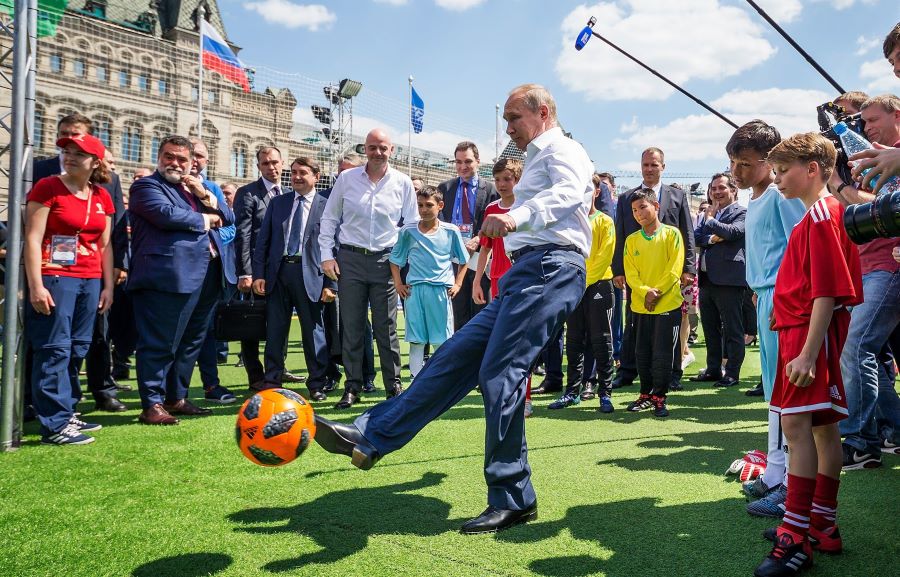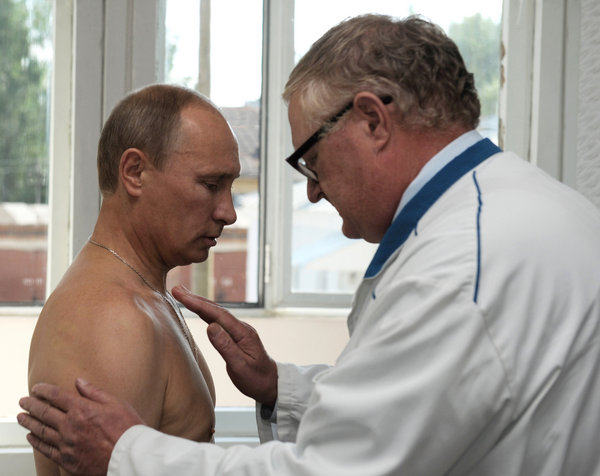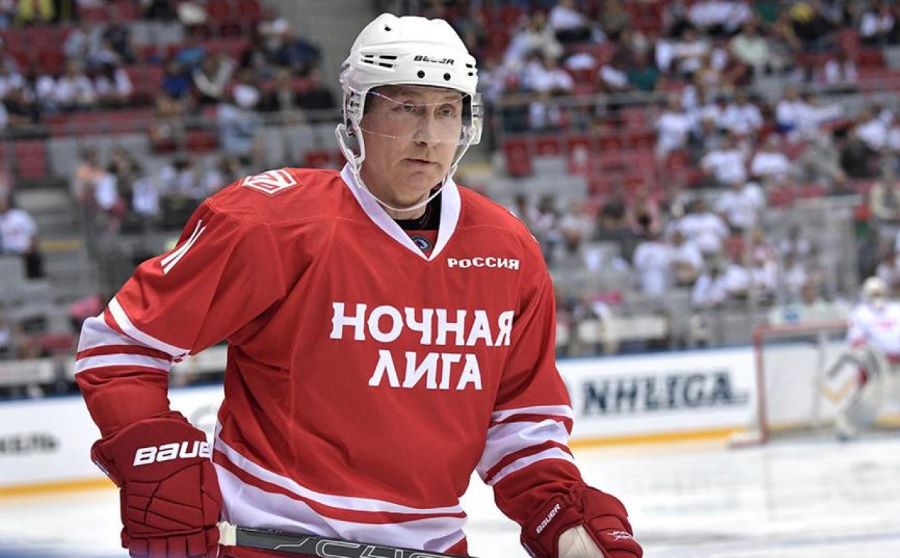Assessing Putin’s longevity: How long might the dictator live anyway?
On 7 October 2025, Russian leader Vladimir Putin turned 73. Statistically, his life expectancy should have ended years ago — the average male life expectancy in Russia is approximately 67 years, and most Russian men rarely live past this benchmark. Yet Putin has transcended that arithmetic.
The national life expectancy average, however, is distorted by socioeconomic inequality and limited access to healthcare. Only elite segments of Russian society, particularly those with Western-style medical access, regularly exceed 80 years.
Putin’s personal lifestyle, living conditions, and medical oversight place him firmly in that upper echelon. He eats what few Russians can afford, breathes filtered air, and is surrounded by teams of physicians who track the pulse of power in real time. He is also believed to abstain from alcohol and tobacco while maintaining a consistent exercise routine. These factors dramatically reduce his risk of premature death.

Putin showing his football skills. Credit: CNN
He is, in essence, a man sustained by the state he has built for himself. So, how does Putin fare physically and mentally at a time most people around the world would wish him gone?
Physical Health Indicators
Visual evidence from public appearances suggests gradual age-related decline — reduced mobility, minor facial swelling, and stiffness in movement — consistent with a man in his early seventies, but not indicative of acute or terminal disease. Rumors of cancer or Parkinson’s disease remain unverified by credible sources.
Intelligence assessments from the CIA and other Western agencies have found no evidence of major incapacitating illness as of 2025. Ukrainian intelligence sources tell a different story, but their credibility is understandably limited.
More to read:
Putin orders scientists to beef up efforts for life extension technologies
Yet, Putin may suffer from chronic pain, possibly musculoskeletal or neurological in origin, but with access to specialized therapy, pain management, and early diagnostic care, such conditions are unlikely to shorten his lifespan significantly. Hundreds of skilled physicians – it’s safe to say the best in Russia, and perhaps some foreign specialists, too – watch over his status round o’clock, intervening as soon as the dictator coughs or blows his nose in the handkerchief.
Psychological and Environmental Factors
Cognitive performance, too, remains robust. Long speeches and policy directives reveal structured thinking and stable memory. However, the potential impact of long-term psychological isolation and high stress must be considered. Prolonged authoritarian control often leads to cognitive rigidity, reduced adaptability, and stress-induced cardiovascular risks.

Putin during a medical examination. Credit: China Daily
As an individual suffering from paranoia and responsible for crimes ranging from contract killings to mass murders and war atrocities, Putin has certainly built a few bunkers to ensure his survival in the event of political collapse or military defeat. Journalists and whistleblowers claim he retreats there during major crises, such as the drone attacks on Moscow in 2024-25.
Nonetheless, Putin’s institutional environment — one of absolute control, medical abundance, and a physically secure lifestyle — minimizes many typical aging stressors. He does not appear concerned about Russia’s economic decline, but political failures clearly matter to him. Along with bad news from the frontline, these are perhaps among the few things that irritate the dictator.
Comparative Longevity Models
Comparative studies of global heads of state (here, here, here, and here) show that leaders in autocratic regimes, despite higher stress, tend to live longer than national averages due to superior healthcare and lifestyle. Examples include Fidel Castro (90), Augusto Pinochet (91), and Francisco Franco (82). Putin’s profile closely fits this model.
Based on demographic modeling and analogous case studies, the following calculations emerged:
- If the Putin remains in stable health and under continued elite medical care, his life expectancy could be 85-90 years.
- If a chronic or cardiovascular disease strikes, he could live 80-83 years.
- A major unforeseen health crisis or political upheaval could shorten the dictator’s life to 75-79 years.
Therefore, the estimated median survival is approximately 86 years, or another 13 years, suggesting a potential life span extending to 2038–2041. This is a speculative forecast, to be fair, which yet reflects the data collected so far.
Strategic Implications
Absent an acute health event, Vladimir Putin is likely to remain a living — if not always politically dominant — figure in Russian power well into the late 2030s. Health degradation, when it comes, will be gradual rather than sudden, and political transitions may be shaped more by internal elite dynamics than by biological inevitability.
More to read:
Putin secures a new 6-year term amid the worst ever vote manipulation in Russian history
This assessment does not take into consideration unexpected events unrelated to the health conditions. History is replete with examples of powerful rulers whose lives ended abruptly, often not from natural causes but from the unpredictable dynamics of power.
Other Factors
While medical care, lifestyle, and controlled living conditions improve Putin’s odds of longevity, no prediction can fully account for the volatility inherent to his position. Autocrats, even those as insulated as Putin, face unique and extreme risks that can abruptly end life.
A successful assassination attempt, whether by a disaffected insider, foreign agent, or domestic opponent, could bypass every precaution, rendering years of careful medical management irrelevant. Similarly, a fatal accident — a car crash, sudden illness, or other unforeseen event — could strike despite his security apparatus.

Putin during a hockey game. Credit: Moscow Times
Political upheaval also remains a constant variable. A coup d’état or palace intrigue could place him in a lethal situation, even within the fortified walls of the Kremlin. Broader revolutionary pressures, civil unrest, or a collapse of the elite networks that protect him could likewise bring sudden and catastrophic consequences.
Ultimately, while models of longevity can suggest that Putin might live into his eighties under ideal conditions, the ever-present threat of human, political, and environmental contingencies makes his actual lifespan highly uncertain. In the realm of autocracy, survival is as much a function of luck, timing, and political stability as it is of health or physiology.






